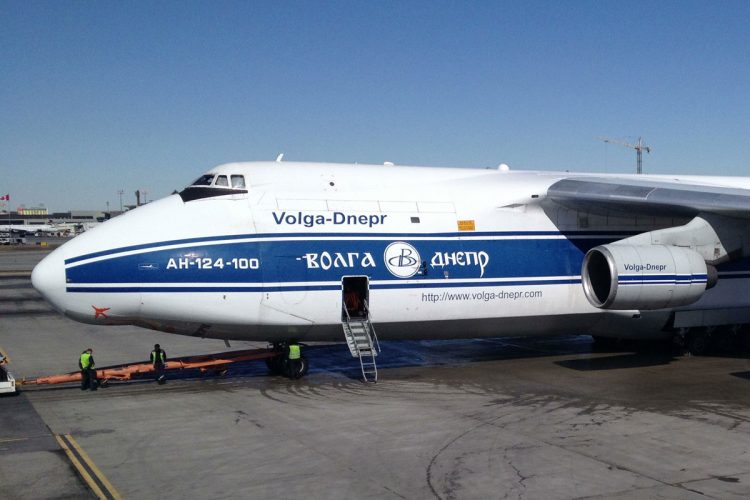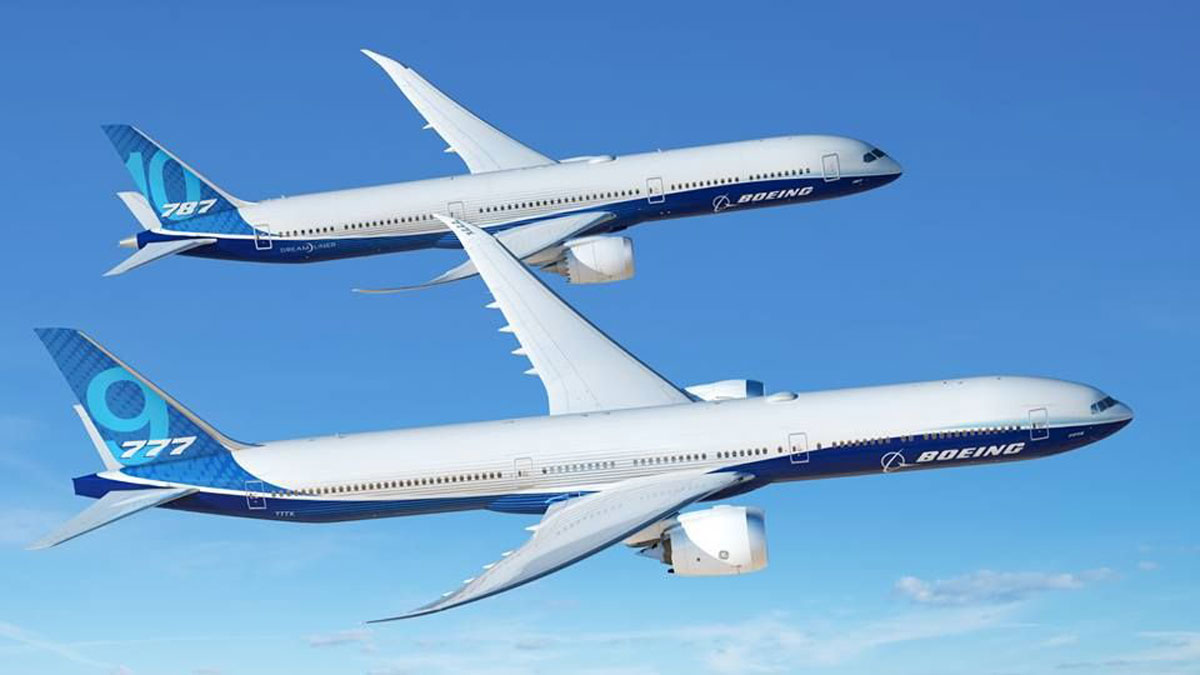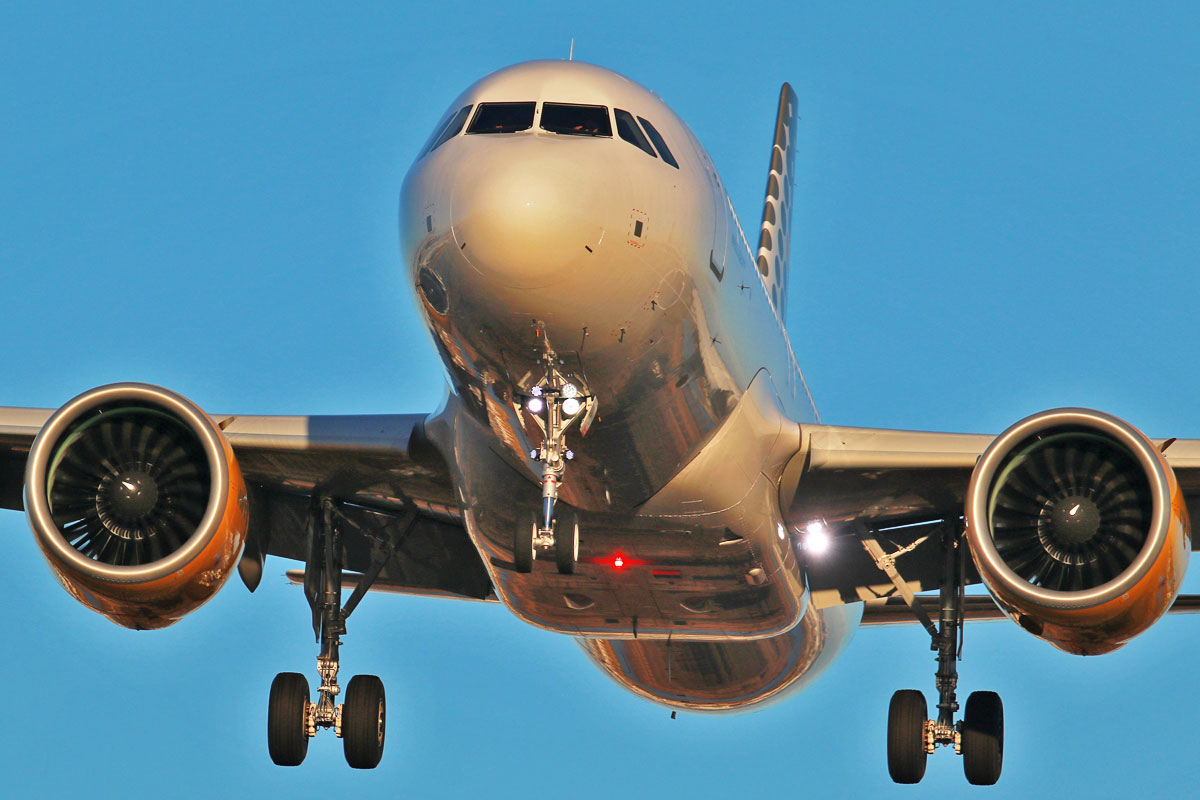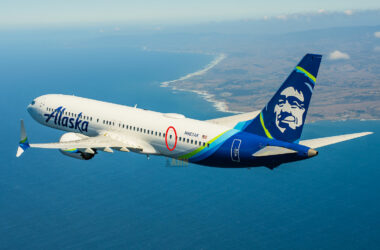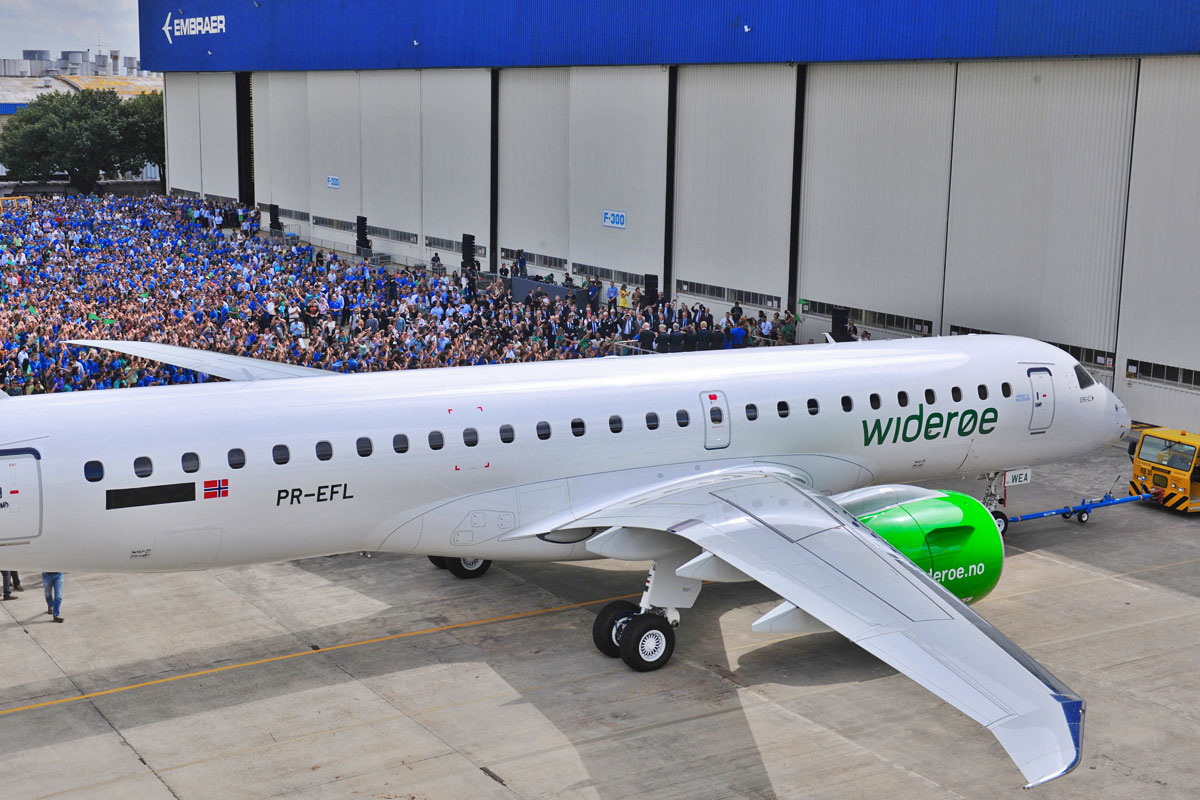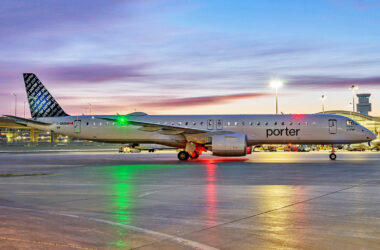With its backlog decreasing every week in the face of crises, Boeing has sought to close new sales agreements for its commercial aircraft. The latest attempt involves a new sales agreement for the 787 and 777-9 widebodies that is due to be announced by the end of the month.
The identity of that costumer is not revealed much less the details of the negotiation, but the conditions are unusual. The information on the possible sale came amid a lawsuit between Boeing and the Russian cargo airline Volga-Dnepr, which had ordered some planes, including four 747-8Fs.
The order, which is not in the backlog, would have been canceled by mutual agreement between the two companies, but the Russians have changed their minds and want to receive the jets.
In the meantime, Boeing has decided to sell these planes to other customers and does not admit delivering them to Volga-Dpner. In the documents sent to the US courts, Boeing states that “finalized the resale of the 747-8F airplane Volga refused and has scheduled delivery of the plane to Customer A,” without revealing the identity of that company.
However, it was two 777F jets also ordered by the Russian company that ended up revealing the future sales agreement. “In recognition of Customer’s partnership with Boeing as a 777 and 787 customer in …, Boeing will issue to Customer a multi-model aircraft credit memorandum in the amount of …, contingent on Customer executing definitive agreements to purchase (i) Model 777-9 aircraft and (ii) additional Model 787 aircraft on later than June 30, 2020,” informs the document sent to the Justice.
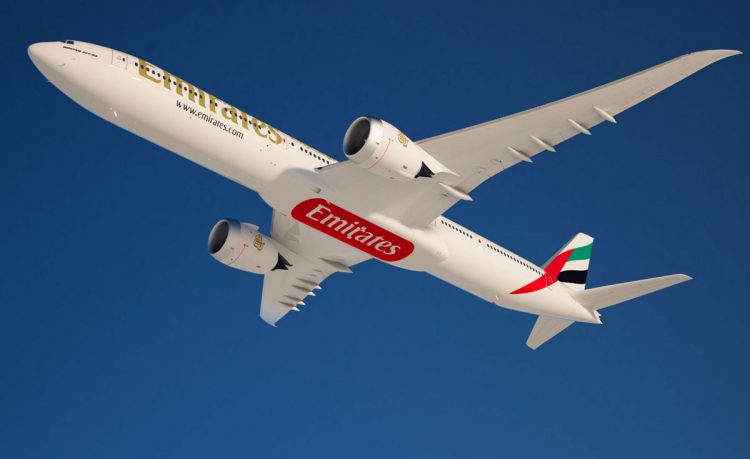
Boeing says it is offering the two 777 freighters as a kind of bonus for an undisclosed airline to purchase more units of the 777-9 (largest version of the 777X) and 787. Few airlines have orders for 787 jets. and 777X, as is the case with Emirates, British Airways, All Nippon Airways or Qatar Airways. There is also the possibility of referring to a lessor since there are ten 777Xs from an unidentified customer on the aircraft’s order list.
Few orders
After more than 500 units of the 737 Max canceled in recent months, Boeing urgently needs new orders to justify the investments and infrastructure it maintains to produce so many planes. The case of the 787 and especially the 777X is even more complex since the demand for these jets is falling. The manufacturer has already announced a major reduction in the production rate of the Dreamliner in the coming years while the “Triple Seven” will be assembled at an even lower rate that includes the classic variant.
The 777X program has been an enormous challenge for Boeing, due to the delay in the schedule and also due to the growing lack of interest in large aircraft. Although it is a very efficient aircraft, the largest twin-engine passenger jet in the world has a capacity far above what appears to be the current market reality. There are strong rumors that its customers may delay deliveries or even cancel orders if global air traffic does not return to pre-pandemic levels soon.
In other words, a good sales deal weighs heavily on Boeing, even if it means offering two 777Fs as a bargain and getting in trouble with the Russians.
